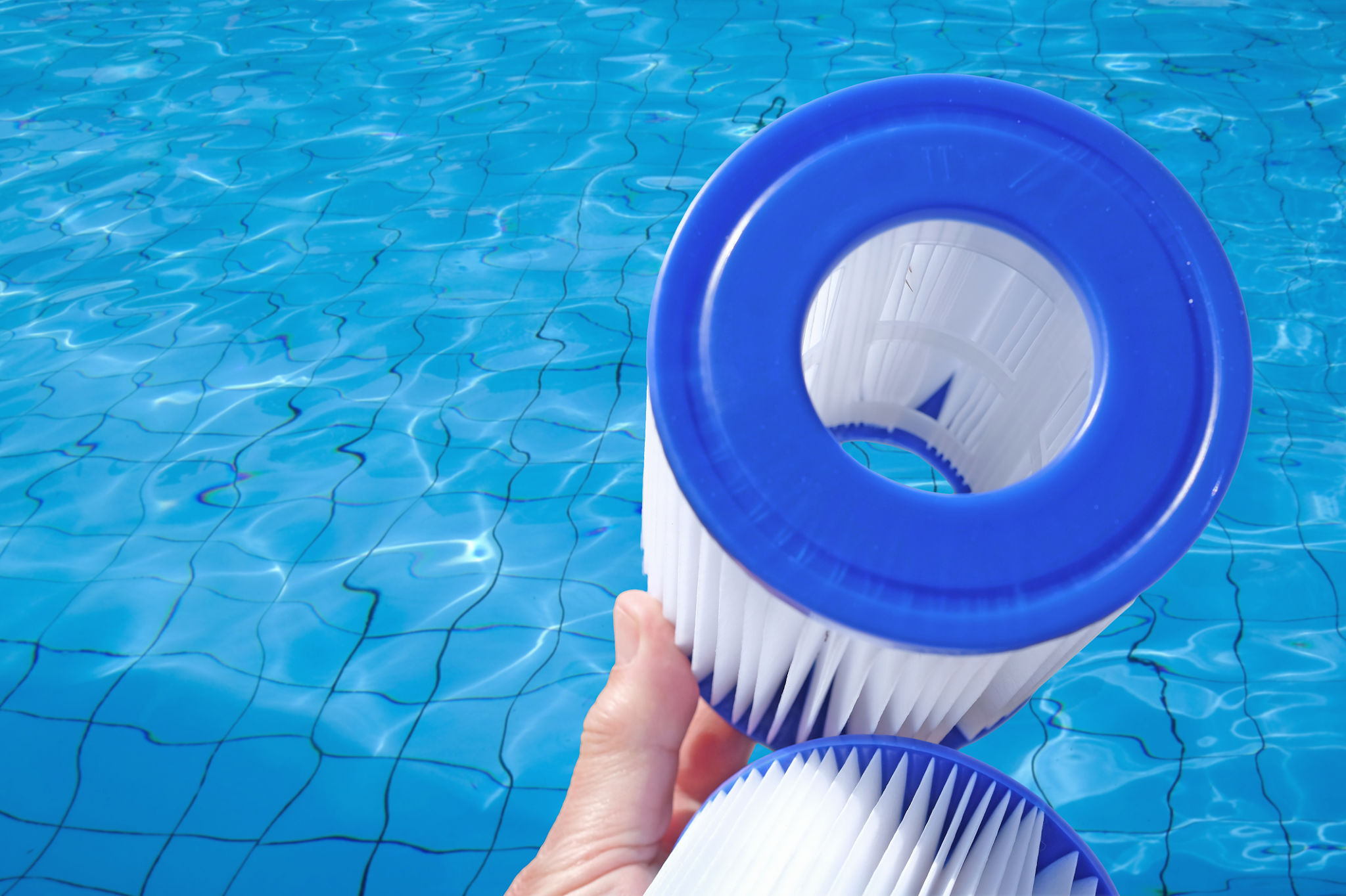The Importance of Water Filter Replacement for Pools: A Comprehensive Guide
Understanding the Role of Water Filters in Pool Maintenance
Maintaining a clean and safe swimming pool is essential for every pool owner. One of the most critical components in achieving this goal is the water filter. Water filters play a pivotal role in removing debris, dirt, and other impurities from the pool water, ensuring it remains clear and hygienic for swimmers. Regular maintenance and timely replacement of these filters are crucial to keep your pool in optimal condition.

Signs That Your Pool Water Filter Needs Replacement
Recognizing when your pool water filter needs replacement can save you from potential problems. Some common signs include reduced water flow, cloudy water, and an increase in the amount of debris in the pool. If you notice any of these issues, it may be time to inspect your filter and consider a replacement. Additionally, manufacturers often provide guidelines on the lifespan of their filters, which can serve as a useful reference.
Types of Pool Water Filters
There are several types of pool water filters available, each with its own advantages and maintenance requirements. The most common types include:
- Sand Filters: These filters use sand to trap particles and require backwashing to clean.
- Cartridge Filters: Known for their ease of use, these filters are cleaned by removing the cartridge and rinsing it with water.
- Diatomaceous Earth (DE) Filters: These offer superior filtration but demand more maintenance as the DE powder needs replenishing.

The Impact of Not Replacing Pool Filters
Neglecting to replace your pool water filter can lead to several issues. A clogged or worn-out filter will not effectively remove contaminants, leading to poor water quality and potential health risks for swimmers. Moreover, an overworked filter can strain your pool's pump system, resulting in costly repairs or replacements.
Steps for Replacing a Pool Water Filter
Replacing a pool water filter might seem daunting, but it is a straightforward process if done correctly. Follow these steps to ensure a successful replacement:
- Turn off the pool pump to prevent any accidents or damage.
- Release the pressure from the filter system by opening the air relief valve.
- Remove the old filter by following the manufacturer's instructions.
- Install the new filter, ensuring it is securely in place.
- Restart the pool pump and check for any leaks or issues.
Benefits of Timely Filter Replacement
Replacing your pool water filter on time offers numerous benefits. It ensures consistent water clarity, reduces the risk of algae growth, and maintains balanced chemical levels. Additionally, a well-functioning filter contributes to the longevity of your pool equipment by reducing strain on pumps and other components.

Choosing the Right Replacement Filter
Selecting the right replacement filter is essential for maintaining your pool's health. Consider factors such as compatibility with your existing system, size, and filtration capacity. Consulting with a pool maintenance professional or referring to your pool's manual can help you make an informed decision.
Conclusion
Regularly replacing your pool water filter is a vital aspect of pool maintenance that should not be overlooked. By understanding the importance of this task and recognizing when it's time for a replacement, you can enjoy a clean and safe swimming environment while prolonging the life of your pool system.